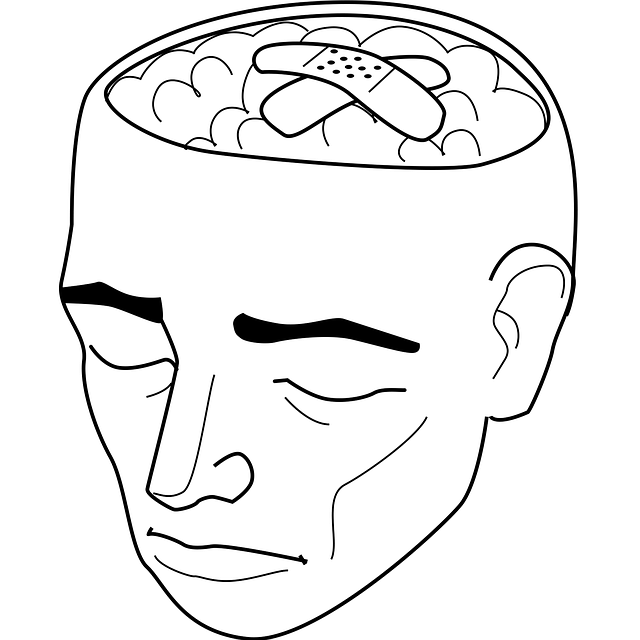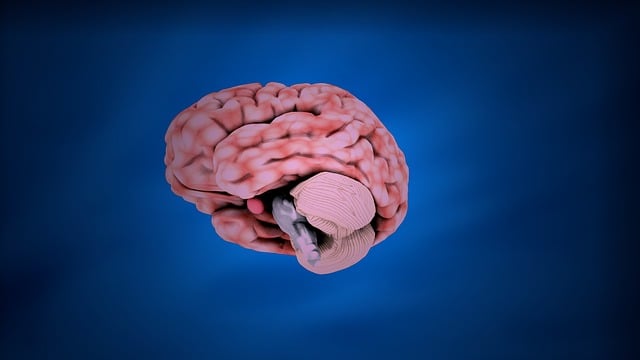Aurora Alcohol Abuse Therapy prioritizes cultural competency in healthcare, recognizing that language translation alone is insufficient. They offer training and stress reduction methods to help providers understand and respect diverse cultural beliefs, values, and behaviors, creating inclusive environments, improving patient satisfaction, and fostering healthier communities. Their programs address the unique challenges of diverse populations through interactive workshops, case studies, role-playing, crisis intervention guidance, and communication strategies, empowering professionals with tools to deliver compassionate, culturally sensitive care. Continuous evaluation ensures program relevance and responsiveness to community needs, embedding cultural competency as a core organizational value for long-term success.
In today’s diverse healthcare landscape, cultural competency among providers is paramount. This comprehensive guide explores the necessity of cultural competency in healthcare, delving into how unaddressed biases impact patient care and outcomes. We present effective training strategies for healthcare providers, focusing on Aurora Alcohol Abuse Therapy models, and offer implementable strategies for sustaining cultural competence. By embracing these approaches, we foster inclusive environments that enhance patient experiences and improve health outcomes.
- Understanding Cultural Competency in Healthcare: A Necessary Approach
- The Impact of Cultural Biases on Patient Care and Outcomes
- Designing Effective Training Programs for Healthcare Providers
- Implementing and Evaluating Change: Strategies for Sustaining Cultural Competency
Understanding Cultural Competency in Healthcare: A Necessary Approach

In today’s diverse healthcare landscape, cultural competency is no longer an optional skill for providers; it’s a necessary approach to ensuring quality care for all patients. Cultural competency goes beyond basic language translation and involves understanding, appreciating, and respecting different cultural beliefs, values, and behaviors. This holistic view recognizes that health isn’t just physical but also deeply intertwined with social and cultural contexts. For instance, a patient from a community with strong familial bonds might require support systems involving not only their immediate family but extended relatives as well, which is a fundamental aspect of their cultural identity.
At Aurora Alcohol Abuse Therapy, we recognize that addressing health disparities requires a cultural competency training program that equips providers with the tools to navigate these nuanced differences. By incorporating stress reduction methods and inner strength development exercises into our community outreach program implementation, we aim to create a safe, inclusive environment where patients feel heard and respected. This approach not only enhances patient satisfaction but also improves treatment outcomes, fostering a healthier, more resilient community.
The Impact of Cultural Biases on Patient Care and Outcomes

Cultural biases held by healthcare providers can significantly impact patient care and outcomes, especially when dealing with diverse populations. These biases, often unconscious, can lead to miscommunication and misunderstandings between patients and caregivers, affecting treatment plans and overall well-being. For instance, a provider’s preconceived notions about certain cultural practices or beliefs may result in inappropriate recommendations or even outright rejection of valid medical approaches. This is particularly critical in cases of mental health issues, such as alcohol abuse, where cultural sensitivity plays a vital role in effective treatment, as seen in Aurora Alcohol Abuse Therapy programs.
In the context of healthcare delivery, addressing social skills training and self-esteem improvement among providers can help mitigate these biases. Burnout prevention strategies for healthcare providers are also essential, ensuring they remain empathetic and open-minded when interacting with patients from various cultural backgrounds. By incorporating diverse perspectives into their practices, healthcare professionals can enhance patient experiences and outcomes, ultimately fostering a more inclusive healthcare environment.
Designing Effective Training Programs for Healthcare Providers

Effective healthcare provider cultural competency training programs are meticulously designed to address the unique challenges and needs of diverse patient populations in Aurora Alcohol Abuse Therapy settings. These programs often incorporate interactive workshops, case studies, and role-playing scenarios to engage participants actively in learning. By integrating crisis intervention guidance and communication strategies, trainers equip providers with essential tools for navigating sensitive cultural conversations.
A key aspect of successful training involves fostering confidence boosting techniques that empower healthcare professionals to communicate effectively while respecting diverse beliefs and backgrounds. This holistic approach ensures that providers feel prepared to deliver compassionate, culturally sensitive care, ultimately enhancing patient outcomes in a diverse society.
Implementing and Evaluating Change: Strategies for Sustaining Cultural Competency

Implementing and evaluating change is a crucial aspect of sustaining cultural competency within healthcare provider training programs, such as those offered by Aurora Alcohol Abuse Therapy. To ensure long-term success, institutions must go beyond initial workshops and incorporate strategies that foster continuous learning and adaptation. One effective method is to embed cultural competency into the fabric of the organization’s culture, making it a core value that permeates all levels of care delivery. This can be achieved through regular staff meetings, team-building activities, and case study discussions that center on diverse patient populations and their unique needs.
Additionally, fostering empathy building strategies and emotional intelligence among healthcare providers is essential. The Mind Over Matter principles can guide practitioners in managing their own stress and biases, enabling them to approach patients with clear minds and open hearts. Regular self-reflection exercises, peer feedback sessions, and diverse clinical rotations help professionals develop a deeper understanding of different cultural contexts, enhancing their ability to deliver empathetic care that respects individual values and beliefs. Continuous evaluation through patient satisfaction surveys, focus groups, and quality improvement initiatives ensures that the program stays relevant and responsive to evolving community needs.
Cultural competency training is a vital tool in enhancing patient care, as evidenced by its positive impact on outcomes. By addressing biases and promoting understanding, healthcare providers can deliver more personalized and effective treatment, such as that offered by Aurora Alcohol Abuse Therapy. Implementing comprehensive training programs and ongoing evaluation ensures a sustained commitment to cultural sensitivity, fostering an inclusive healthcare environment for all.








